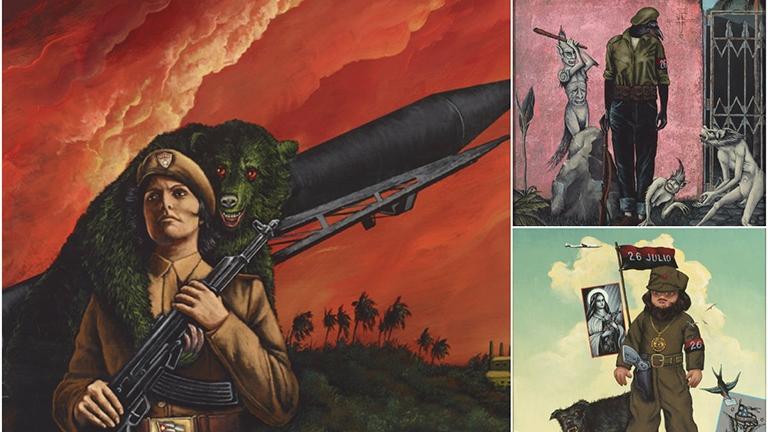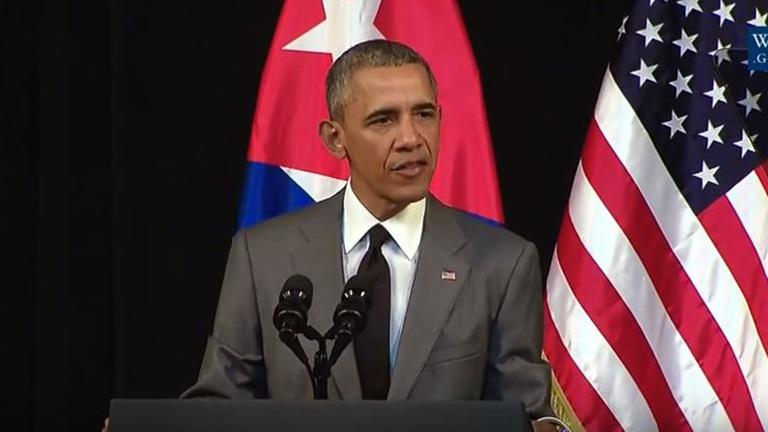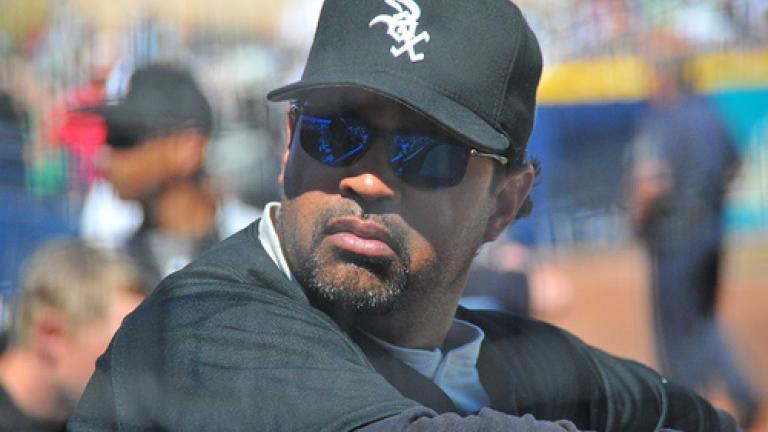The death Friday of Cuban revolutionary leader Fidel Castro sparked a wide range of reactions and raised many new questions about the future of the island nation and its relationship with the U.S.
While Castro stepped down as president eight years ago, handing over power to his younger brother Raul, he remained a figurehead for the Cuban people and a thorn in the side to the United States.
Nevertheless, in 2014, President Barack Obama reestablished diplomatic relations with Cuba after a more than 50-year standoff. But the U.S. embargo against the nation remains in place and what happens next is uncertain.
There are widely ranging opinions about Castro’s legacy. For many Cubans who left the island, he will always be a brutal and murderous dictator who did not fulfill the promises of his 1959 revolution. For many others he created a society that brought a degree of equality to the Cuban populations as he stood up to what he called the “repugnant” capitalism of the United States.
Sharp contrasts in reactions were showcased this past weekend as some Cubans in Florida openly celebrated Castro’s death, while in Cuba, thousands lined up to pay their somber respects to the dead leader.
Cuba is now officially in a nine-day mourning period. What’s ahead for them is as unclear as what policy the incoming presidential administration will take toward Cuba.
One of the local Cubans closely watching this historic event also happens to be a family friend. Maria de los Angeles Torres, whom we call Nena, is the little girl on the far left side of this 1961 picture.

She came to the United States with my brother–the little boy in the center. That was the day they left Cuba under what was called the Peter Pan program. She is now a professor at the University of Illinois at Chicago.
“I do not think that–at least in my circle of Cuban-American friends here in Chicago or Miami or family in Cuba–there’s been celebrations about his death,” Torres said. “But there’s been a lot of discussions.
“I think that initially we should expect, unfortunately, probably more repression as people’s hopes … of change, now that Fidel has died, may meet a brick wall with Raul Castro. So if the doors are shut, both economically as well as in terms of travel, or in terms of people being able to come to the United States, I think that what we may see in Cuba will not necessarily be a peaceful transition, after Raul Castro, but rather one that may take a more violent turn.”
Two U.S. airlines on Monday began their first regularly scheduled flights between the U.S. and Cuba one symbolically took off from Miami. Also on Monday, President-elect Donald Trump had this to say on Twitter:
If Cuba is unwilling to make a better deal for the Cuban people, the Cuban/American people and the U.S. as a whole, I will terminate deal.
— Donald J. Trump (@realDonaldTrump) November 28, 2016
Phil Levy, senior fellow on the global economy at the Chicago Council on Global Affairs had this to say about the path forward for the U.S. and Cuba.
“One of the things about the opening of relations was that it was not really a bipartisan undertaking,” said Levy. “It was something President Obama did without the active support of Congress and in fact with a fair bit of opposition.
“I would recommend that [the Trump administration] have serious talks with the Cubans, but Raul Castro may have to prove himself a bit. It’s a challenge if you then try and go in in an excessively aggressive way. … You could see a complete breakdown and not have any progress. That wouldn’t really serve either our interests or theirs.”
Related stories:
 Paintings Illustrate Chicagoan’s Memories of Cuban Revolution
Paintings Illustrate Chicagoan’s Memories of Cuban Revolution
March 22: Tattoo artist-turned-painter George Klauba was briefly onshore in Cuba while the revolution was underway. For years now, he has focused his artistic energy on remembering a moment in history and putting his dreamlike impressions on canvas.

March 22: President Barack Obama addressed the Cuban people early Tuesday during his historic trip, saying, “I have come here to bury the last remnant of the Cold War.”
 Cuban Activist Speaks Out on US-Cuba Relations
Cuban Activist Speaks Out on US-Cuba Relations
Sept. 9, 2015: Cuban activist Dr. Alberto Roque Guerra weighs in on one way the communist government seems to be shifting.



